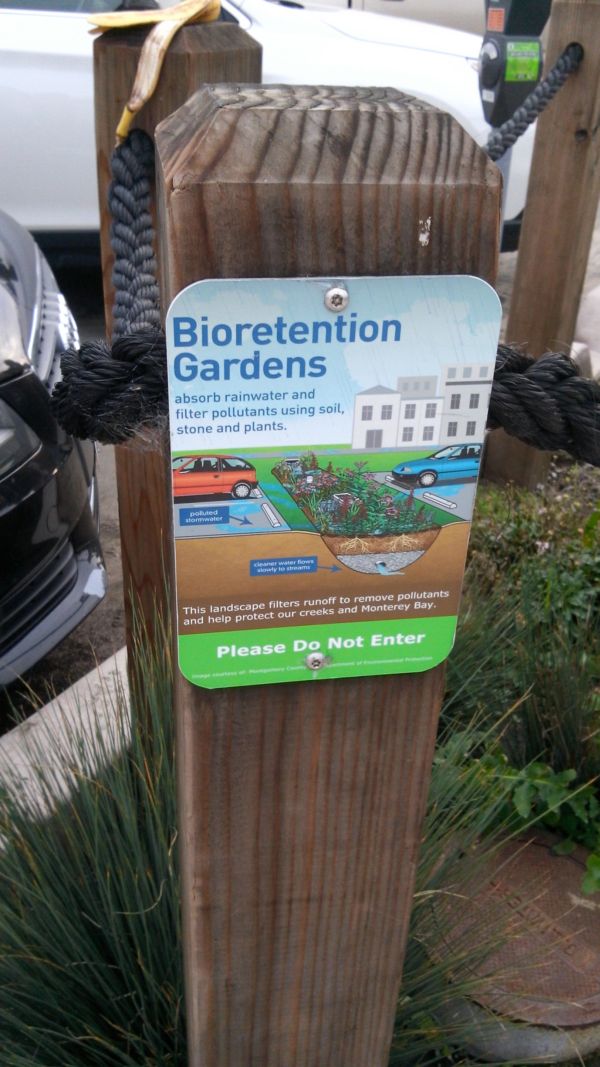Transport of water, suspended solids and heat in engineered soils of urban green infrastructure
| Code: | GA17-21011S |
| Principal Investigator: | doc. Ing. Michal Sněhota, Ph.D. |
| Department's Principal Investigator: |
doc. Ing. Michal Sněhota, Ph.D. |
| Co-operation: |
ČVUT v Praze - Univerzitní centrum energeticky efektivních budov
ČVUT v Praze - Fakulta stavební
|
| Start: | 2017-01-01 |
| End: | 2019-12-31 |
| Research focus: | Project main objective is to elucidate the complex dynamics of water, heat and particle fluxes in engineered soils affected by early stages of pedogenesis. Technical and scientific disciplines dealing with transport processes in the urban green infrastructures will benefit from project outcomes. |
Research team members at the departement:
Research team:
UCEEB, CTU in Prague
-
Vlaďka Jelínková
-
Jitka Hanzlíková
-
Michal Sněhota
-
Jan Šácha
Faculty of Civil Engineering, CTU in Prague
-
Vojtěch Bareš
-
Michal Dohnal
-
Jaromír Dušek
-
Lubomír Kopecký
-
Tomáš Princ
-
Martina Sobotková
-
David Stránský
-
Tomáš Vogel
-
Jana Votrubová
Abstract
Engineered soils play important role in urban hydrology e.g. in functioning of green roofs and stormwater bioretention beds. Water infiltration, colloid transport and heat transport are affected by changes of pore system geometry particularly due to development of macropores and by clogging by particles. The rate of pedogenesis is often faster than in natural soils due to higher load of particles as well as by extreme water regime. In the proposed project we will describe the temporal changes of hydraulic properties of engineered soil of typical bioretention bed and green roof by running the field scale experiments. The aim is to elucidate hydraulic properties changes by studying the structural changes of soils at microscale by invasive and noninvasive methods. The approaches recently developed for modeling of fluxes of water, contaminants and heat fluxes in soil-plant-atmosphere continuum in natural setting will be extended to engineered soils.



 © 2025 | CTU in Prague - FACULTY of CIVIL ENGINEERING
Department of Landscape Water Conservation
© 2025 | CTU in Prague - FACULTY of CIVIL ENGINEERING
Department of Landscape Water Conservation